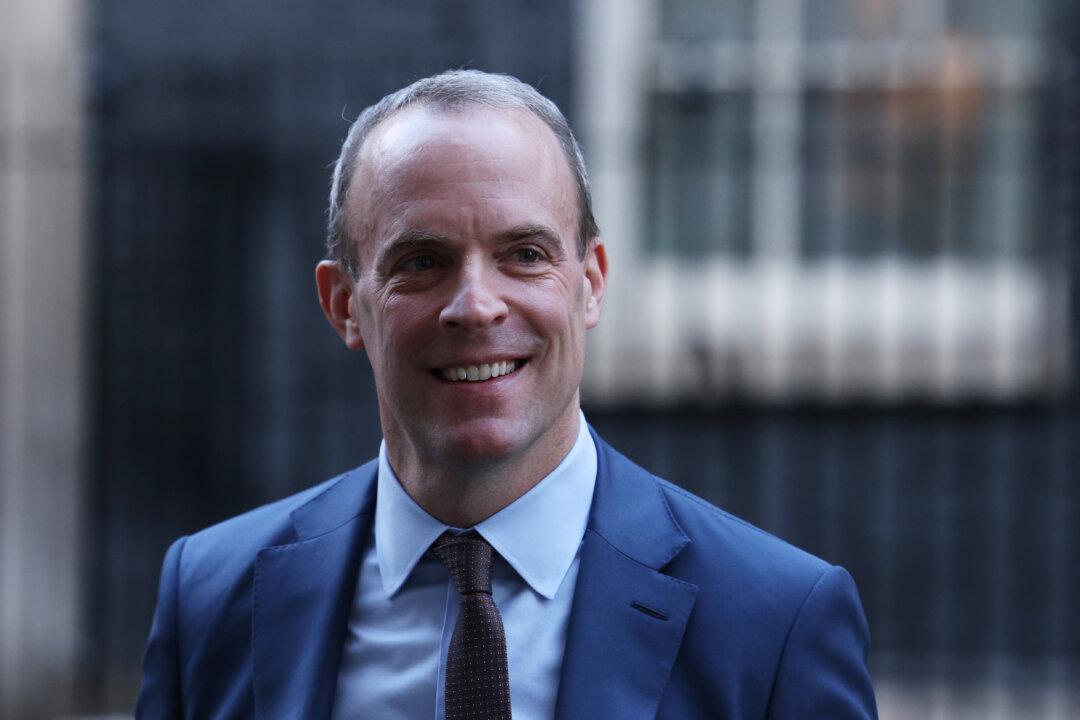Sharing “downblouse” images and pornographic “deepfakes” without consent could be criminalised in England and Wales.
On Friday, the government announced that it will put forward an amendment to the Online Safety Bill, which would criminalise the sharing of a person’s intimate images without their consent.





